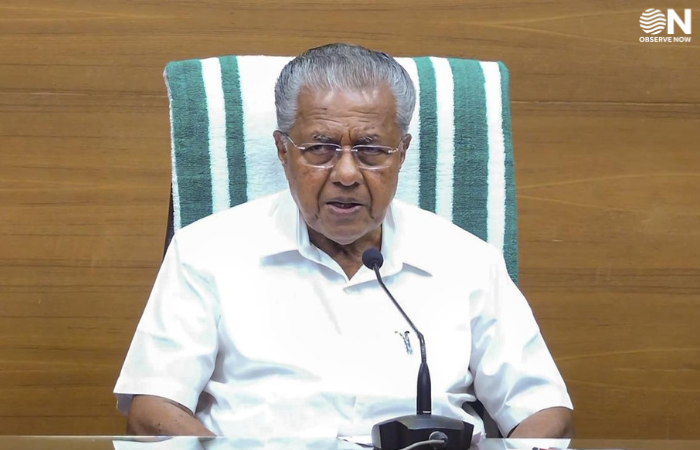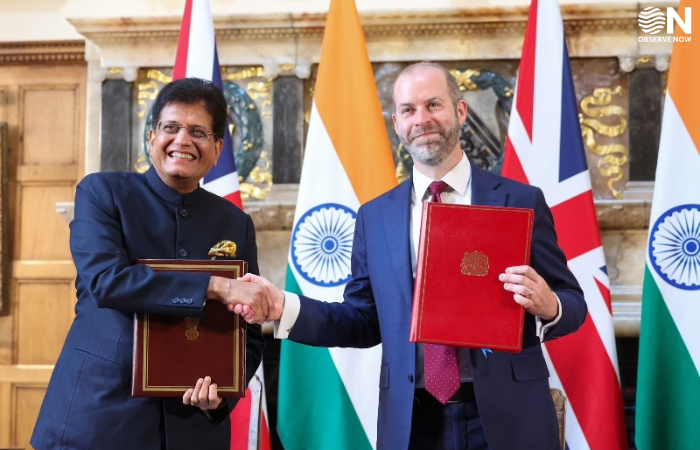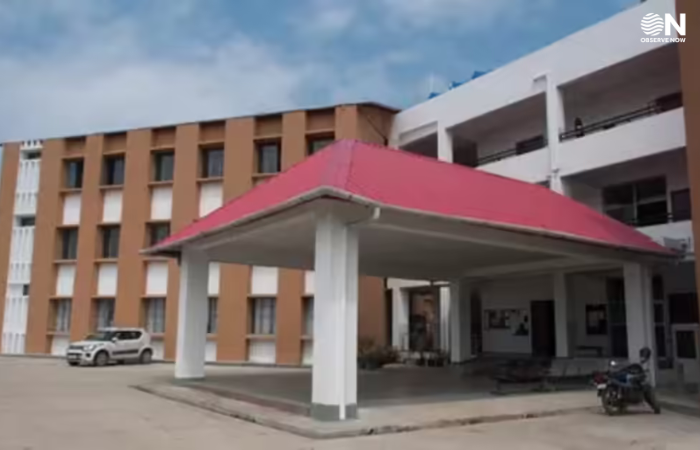Kerala CM Pinarayi Vijayan Highlights Welfare, Development, and Inclusive Growth Initiatives
Kerala Chief Minister Pinarayi Vijayan has reiterated the state government’s commitment to welfare, development, and national unity, emphasizing the importance of inclusive growth and digital literacy. Announced on August 15, 2025, his address underscored the government’s ongoing efforts to eradicate poverty, strengthen social welfare programs, and build a knowledge-based, innovative society that leverages technology for economic and social development.
CM Vijayan highlighted several key areas where Kerala is focusing its resources and policy initiatives. Welfare programs aimed at supporting marginalized communities, improving healthcare, and providing educational opportunities were emphasized as central to the state’s vision. By targeting vulnerable populations, the government seeks to ensure that the benefits of growth are equitably distributed, enabling citizens from all walks of life to access opportunities and resources necessary for social and economic mobility.
Development initiatives in Kerala are closely linked with the promotion of digital literacy and technological adoption. The Chief Minister emphasized the importance of equipping students, entrepreneurs, and professionals with digital skills to enhance employability, promote innovation, and drive productivity. By fostering a knowledge-based society, Kerala aims to cultivate an environment where technology is leveraged to address societal challenges, improve service delivery, and support sustainable economic growth. Digital empowerment is seen as a key driver of inclusive development and long-term competitiveness.
CM Vijayan also highlighted the government’s efforts to promote poverty eradication through targeted schemes that address both immediate needs and long-term solutions. These programs focus on providing financial assistance, skill development, and infrastructure support, enabling individuals and communities to achieve self-reliance. The government’s approach integrates social welfare with economic development, ensuring that citizens are empowered to contribute to the state’s growth while improving their quality of life.
Another pillar of the Chief Minister’s vision is the promotion of national unity and social harmony. Kerala’s policies are designed to foster inclusivity, respect for diversity, and collaboration among various communities. By building a cohesive society, the state government aims to create a stable and supportive environment for sustainable growth, innovation, and social progress. Vijayan emphasized that social cohesion and economic development are interconnected, and strengthening both is essential for long-term prosperity.
Furthermore, the Chief Minister discussed initiatives to promote entrepreneurship, innovation, and research. By encouraging startups, technology-driven enterprises, and knowledge-based industries, Kerala seeks to position itself as a hub for creativity, innovation, and sustainable development. Investments in education, infrastructure, and digital tools complement these efforts, ensuring that citizens are well-equipped to participate in and benefit from emerging economic opportunities.
Overall, CM Pinarayi Vijayan’s address highlighted Kerala’s comprehensive approach to governance, combining welfare, development, and digital literacy with efforts to foster unity and inclusivity. By prioritizing social equity, technological advancement, and innovative growth strategies, the state is creating a framework for sustainable and inclusive progress. These initiatives aim to empower citizens, enhance quality of life, and build a resilient, forward-looking society that contributes meaningfully to national development.














